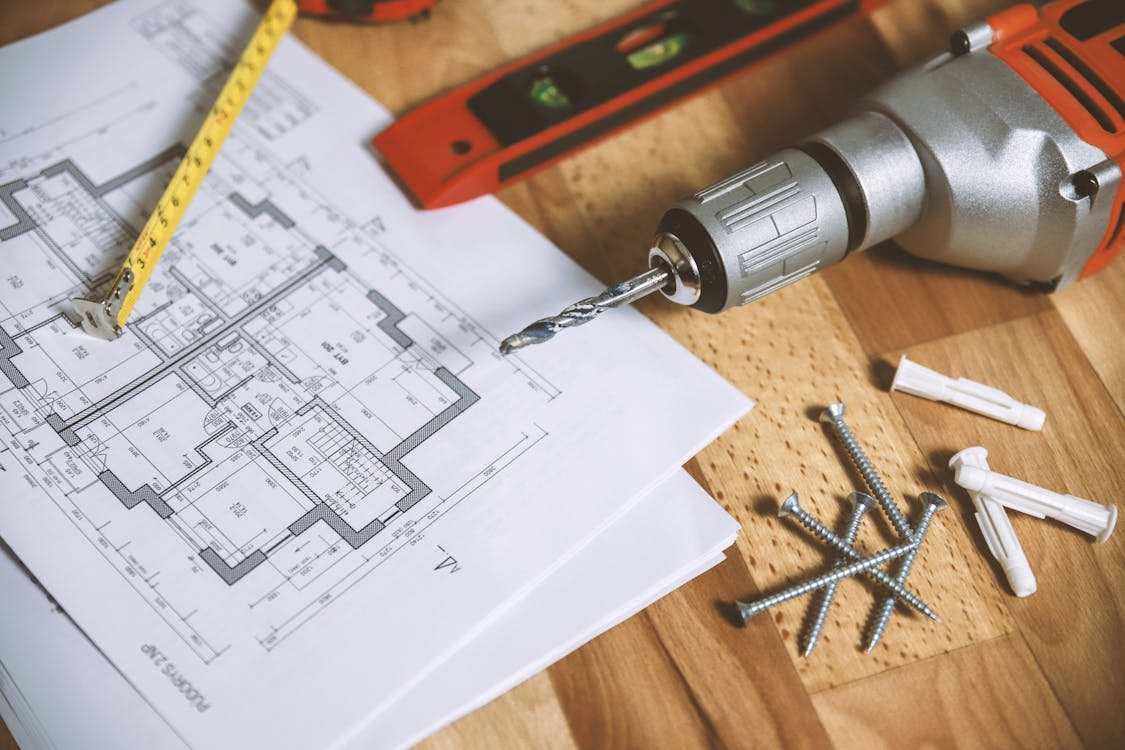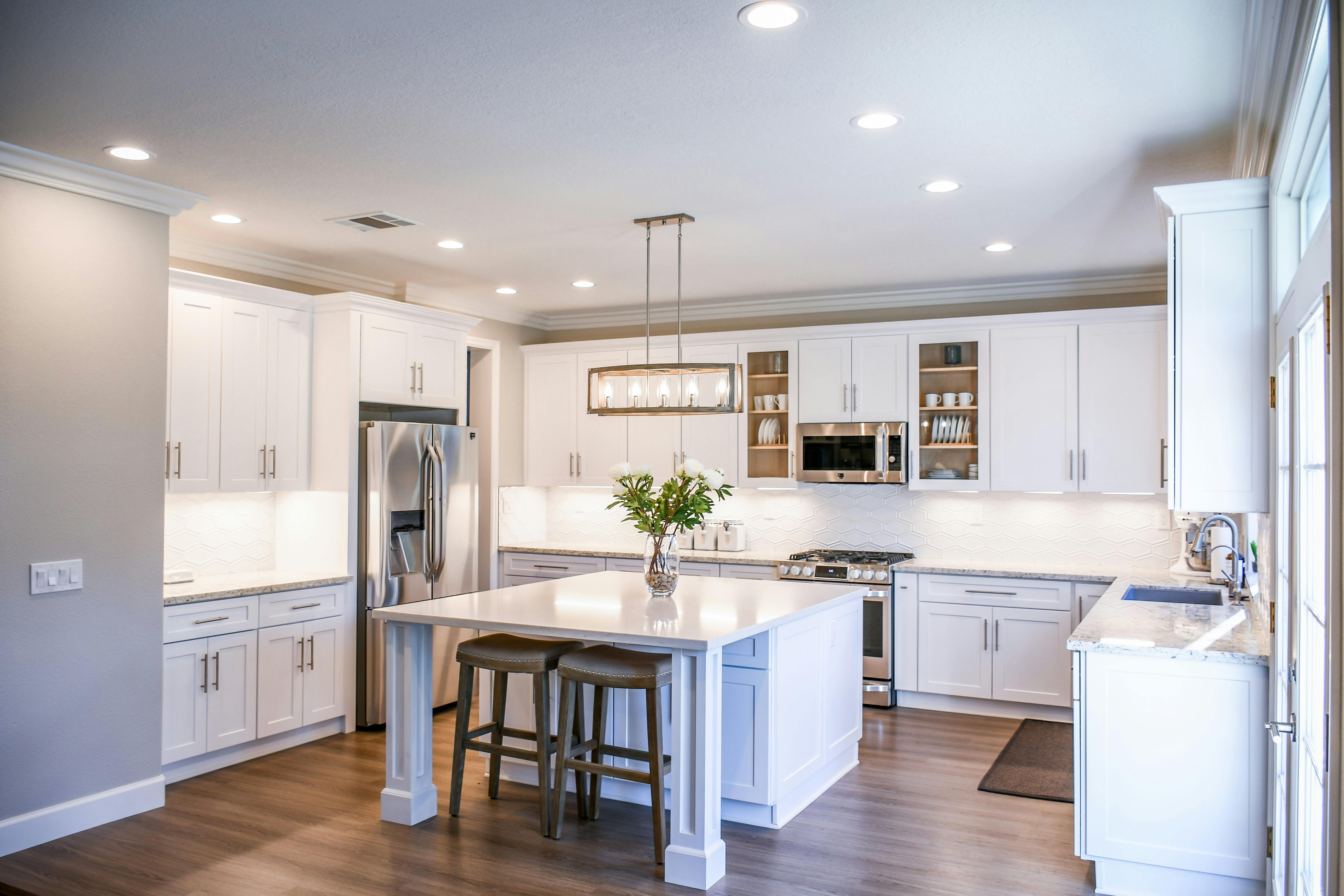Landlord Blog
Education and news for smart DIY landlords!
Top Strategies for Improving Your Rental Yield as a Landlord

Maximizing rental yield is a key objective for landlords looking to make the most out of their investment properties. Rental yield, essentially the return on investment (ROI) from a rental property, is calculated by dividing the annual rental income by the property’s total value.
To ensure profitability, landlords must adopt strategies that not only increase rental income but also reduce costs. Here are some top strategies to improve your rental yield:
1. Set the Right Rent Price
Pricing your rental property appropriately is important. Overpricing may lead to longer vacancies, while underpricing can result in lost income. Conduct market research to understand the average rental rates in your area.
Consider factors such as the property's location, size, and amenities compared to similar listings. A rent that matches the property’s value and aligns with market trends will attract tenants quickly, reducing vacancy periods.
2. Enhance Property Appeal with Renovations and Upgrades

Upgrading your property is an excellent way to increase rental income. Simple renovations, such as modernizing kitchens, bathrooms, or adding energy-efficient appliances, can make your property more appealing to higher-paying tenants.
Tenants are often willing to pay more for homes that are aesthetically pleasing and well-maintained. However, be mindful not to over-invest in renovations that won’t yield a proportional increase in rent. Focus on changes that offer the highest ROI, such as adding storage space or improving energy efficiency.
Read more: Home Improvements With the Best ROI
3. Consider Short-Term or Holiday Letting
Depending on your property's location, switching from long-term leases to short-term or holiday letting platforms like Airbnb can significantly boost your rental income. Short-term rentals often command higher nightly rates than long-term leases.
However, you must weigh the benefits against the potential downsides, such as higher turnover, increased maintenance, and potentially more wear and tear on the property.
4. Add Additional Amenities and Services

Tenants are willing to pay a premium for added conveniences. Offering additional amenities such as parking spaces, storage units, or high-speed internet can increase your property's attractiveness and rental income.
For instance, providing a fully furnished unit, including furniture and kitchen appliances, can command a higher rent from tenants looking for move-in-ready properties. Similarly, adding services like regular cleaning or maintenance can also justify a rent increase.
5. Optimize Tenant Retention
Reducing tenant turnover can greatly improve your rental yield. Vacant properties generate no income, and frequent turnover can lead to additional costs in marketing, cleaning, and repairs. Retaining good tenants ensures steady income and minimizes these costs.
To keep tenants satisfied, ensure the property is well-maintained, address maintenance issues promptly, and consider offering incentives such as rent freezes for lease renewals.
Read more: 7 Proven Ways to Reduce Your Rental Property's Vacancy Rates
6. Minimize Costs
Controlling expenses is just as important as increasing rental income. Regularly review your operational costs, such as property management fees, insurance premiums, and maintenance costs.
Negotiate competitive rates with service providers, and consider carrying out minor repairs yourself to save on labor costs.
Additionally, keeping your property in good condition through preventative maintenance can reduce the likelihood of expensive repairs in the future.
Read more: 10 Ways to Save Money on Home Maintenance
7. Leverage Tax Benefits

Take advantage of tax deductions available to landlords, such as interest on mortgage payments, property taxes, insurance, maintenance, and depreciation. By effectively managing your tax obligations, you can reduce your taxable income and increase your overall rental yield. Consulting with a tax advisor can help you identify and maximize these deductions.
Conclusion
Improving your rental yield as a landlord involves a combination of increasing rental income and managing costs. From setting the right rent price to upgrading your property and optimizing tenant retention, landlords can implement various strategies to boost profitability. By carefully managing your investment and keeping your property attractive to tenants, you can ensure a consistent and growing rental income.
